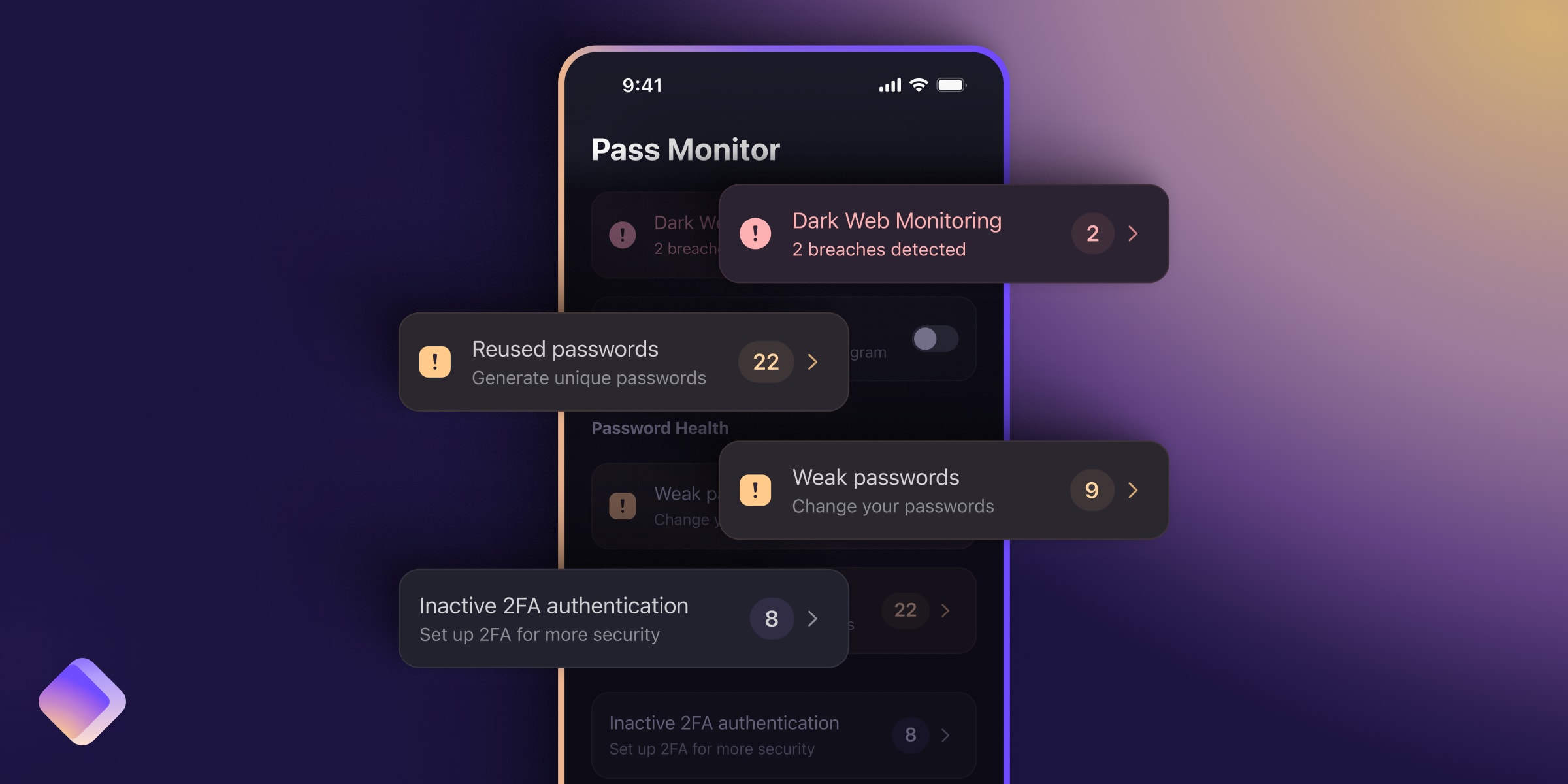The Proton Localization Community is a volunteer initiative started in January 2017 that aims to give people access to Proton products and features in all major languages.
We’re actively developing our ecosystem of end-to-end encrypted products (Proton Mail, Proton Calendar, Proton VPN(new window), Proton Drive, and Proton Pass, with more to come), and our mission remains unchanged: We stand for a privacy-friendly and free internet that’s accessible to everyone, everywhere. We believe that privacy and free access to information are fundamental rights.
The Proton’s community includes members from over 150 countries. Providing a multilingual experience is critical to fulfilling our mission.
With the help of volunteer and professional translators, we’ve made all our products and the main pages of our website available in all major languages, but we still need help.
If you’re a native speaker of a language other than English and would like to help make Proton products available in that language, sign up to be a volunteer translator. Please note that you’ll need to fill out the form in English.
If your application to be a volunteer translator is accepted, you will:
- Access our online translation platform.
- Access our forum dedicated to the Proton localization community with all the resources you need.
- Enjoy yearly rewards as a thank you from the Proton Localization team.
We hope you’ll join the Proton localization community to help make Proton products available to your fellow citizens in their native language!
The Proton Localization team















